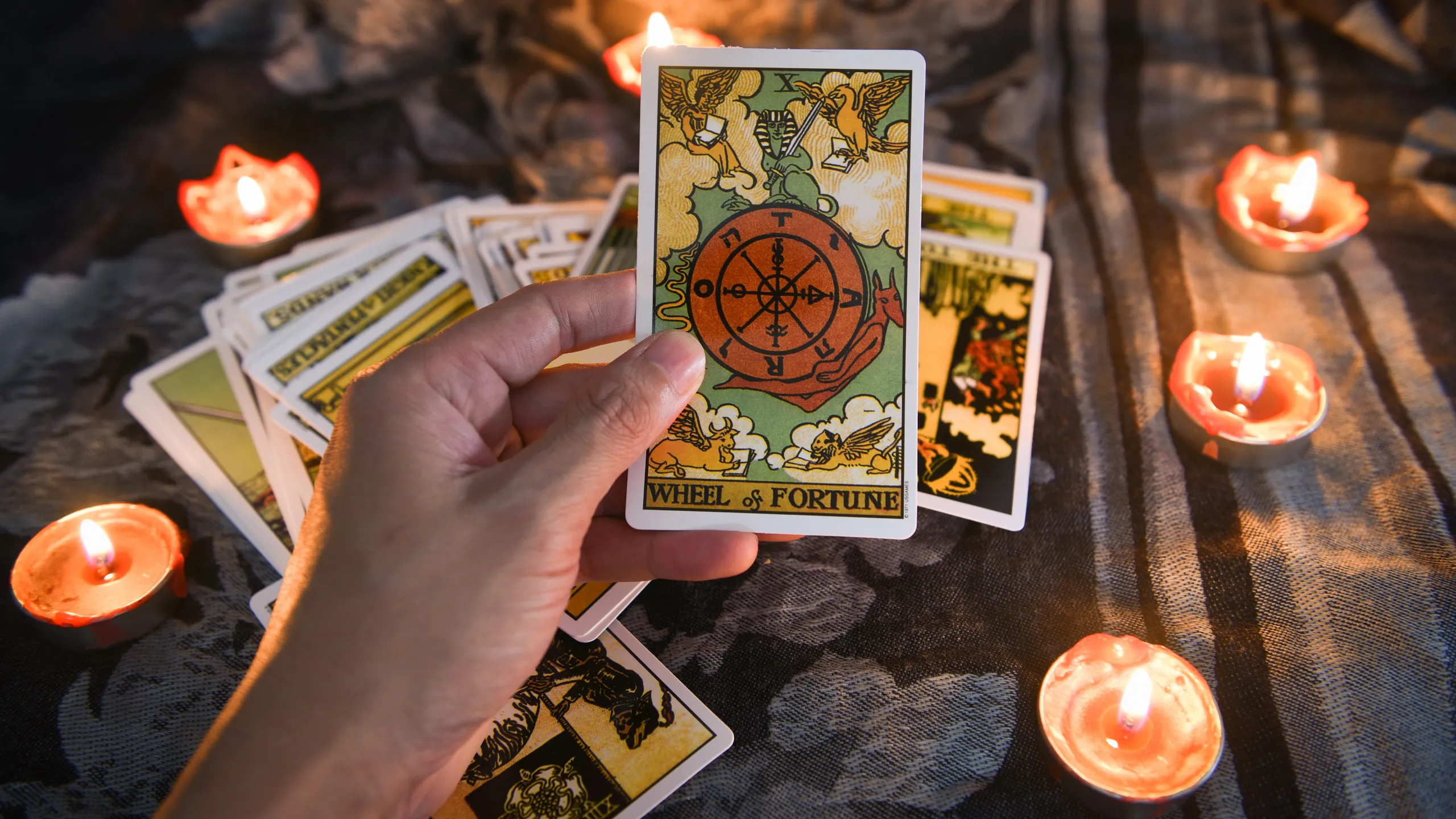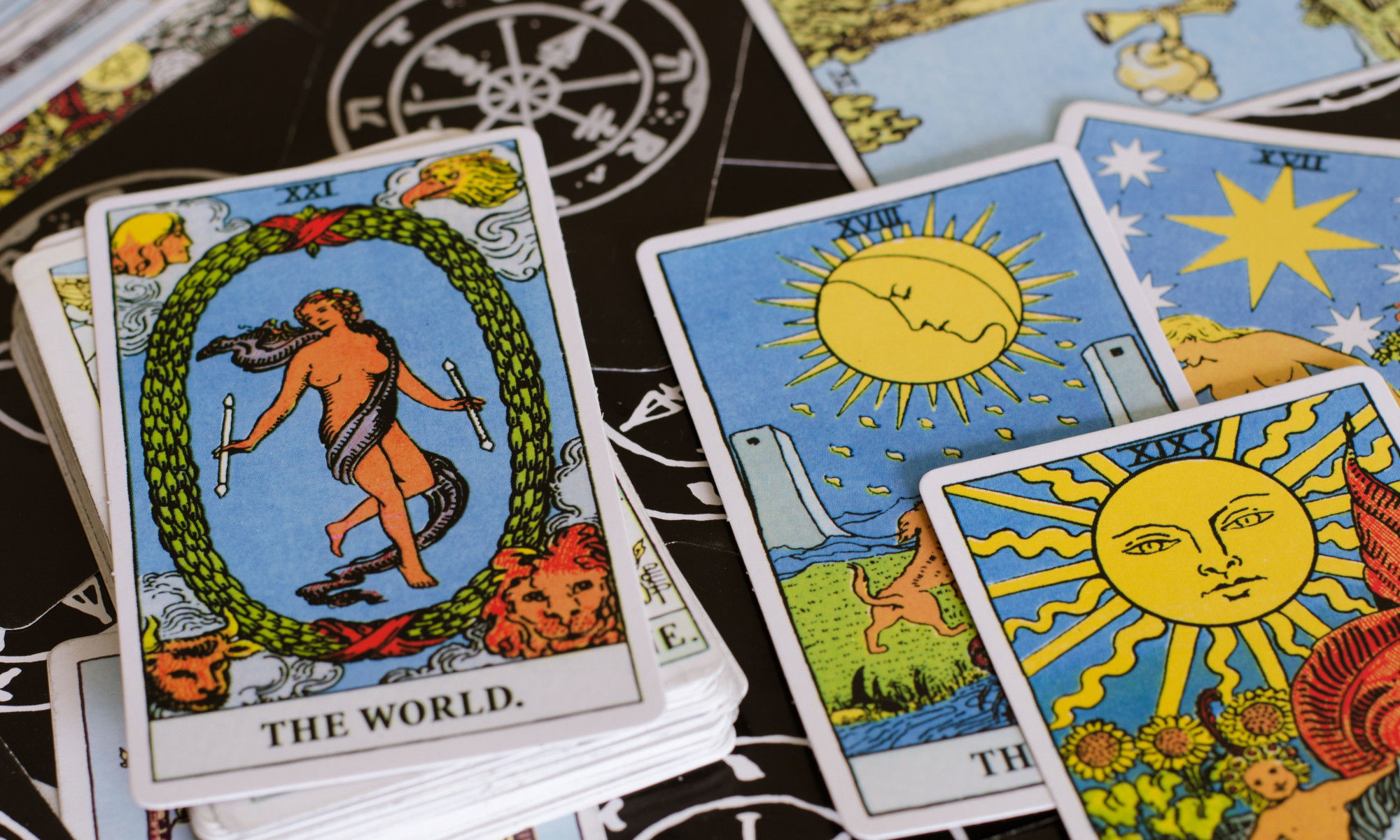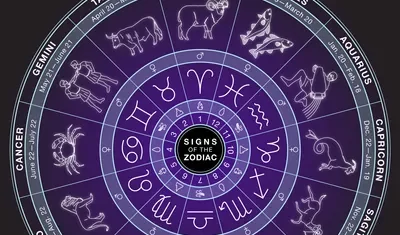Tarot used to be seen as the domain of the credulous. It’s now seen as a means of coping with the present, thanks to psychology-minded practitioners like Jessica Dore
When Jessica Dore was growing up, her mother had a tarot deck from which she’d pull cards – much to the mounting mortification of her daughter. As a child, Dore went along with it as fortune-telling fun. But “as an adolescent, it was sort of like ‘Mind your own business’”, she says wryly.
It meant Dore was at least familiar with tarot. The deck of 78 cards, split between major arcana and minor arcana (“greater” and “lesser secrets”), is used with varying degrees of sincerity to divine past, present and future. “But I never had any sense that it could be something that would be of value for me in my life,” Dore says.
Then, a decade later, Dore threw a dinner party to which two friends brought along a tarot deck. They gave her an “amazing” reading, she says, that cast new light on a hard time she was going through. “The cards made me feel seen and understood in a way that I wasn’t used to.” The experience opened her mind to the potential of tarot to shift perspectives and illuminate possibility. She acquired a deck of her own, and started pulling cards after work each night.
At the time Dore was in her early 20s, a poet with a communications degree working as a publicist at a publisher of self-help and psychology textbooks. She had been struck by how the research she encountered through her job could help people to gain new insight into their thoughts, feelings and behaviours – if only they knew to seek it out.
Tarot, she thought, could be a similar conduit to awareness and introspection. These two strands – barriers to self-help, and tarot as a path to it – travelled together in Dore’s mind, culminating in a “strange and unlikely marriage”: she became a licensed social worker and full-time tarot reader.
On Twitter, more than 130,000 people (along with 52,000 on Instagram) follow Dore’s daily draw of a card, which she then connects to psychological concepts, legends, myths and miscellanea as a prompt for introspection.





Leave a Reply